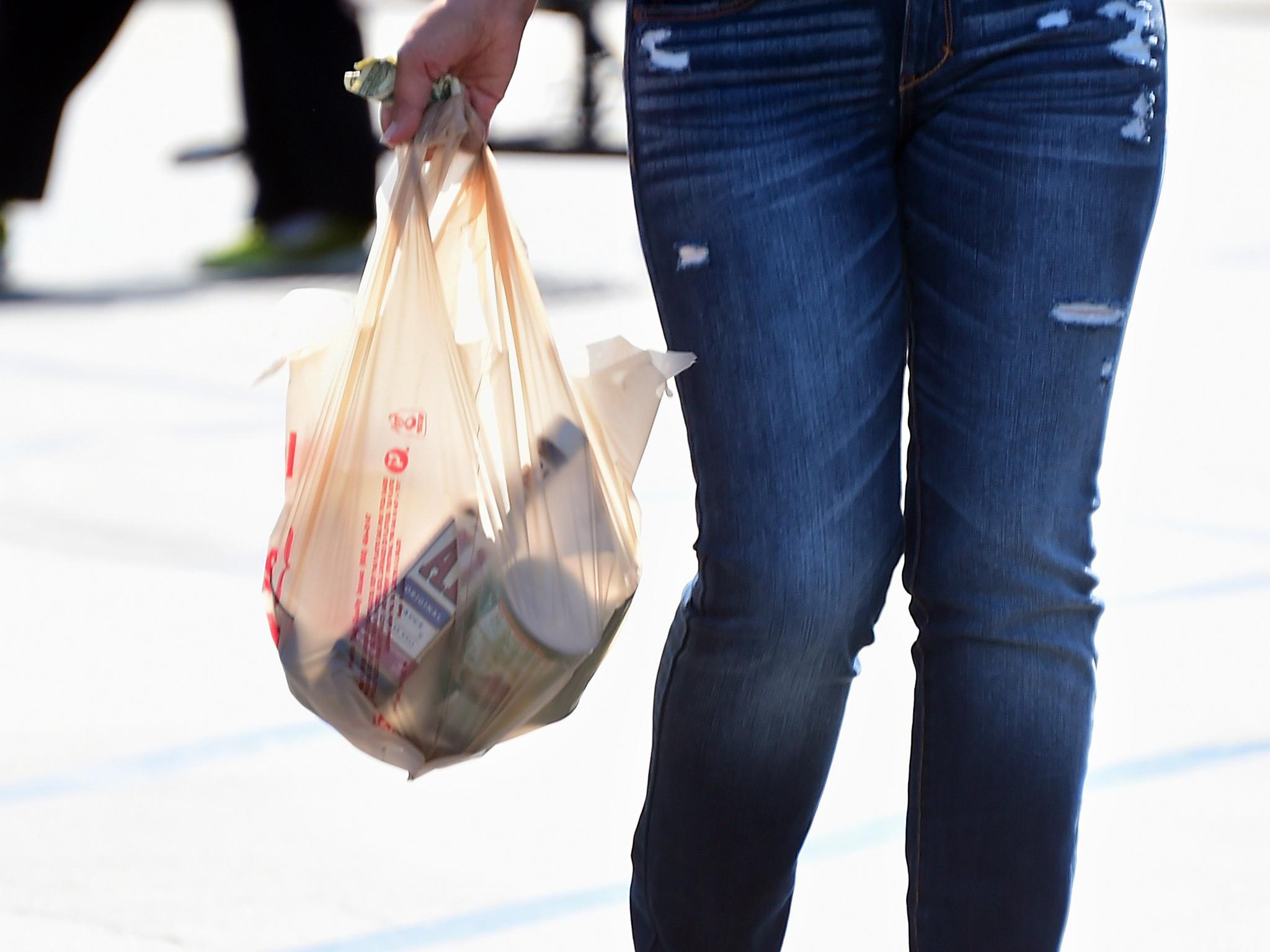Give up the plastic that’s poisoning planet Earth, says BBC presenter Simon Reeve
'The vast amount in our oceans has become an environmental emergency as a direct result of our throwaway society'

Your support helps us to tell the story
From reproductive rights to climate change to Big Tech, The Independent is on the ground when the story is developing. Whether it's investigating the financials of Elon Musk's pro-Trump PAC or producing our latest documentary, 'The A Word', which shines a light on the American women fighting for reproductive rights, we know how important it is to parse out the facts from the messaging.
At such a critical moment in US history, we need reporters on the ground. Your donation allows us to keep sending journalists to speak to both sides of the story.
The Independent is trusted by Americans across the entire political spectrum. And unlike many other quality news outlets, we choose not to lock Americans out of our reporting and analysis with paywalls. We believe quality journalism should be available to everyone, paid for by those who can afford it.
Your support makes all the difference.Planet Earth is being “poisoned by plastic”, TV presenter Simon Reeve has warned as he pledged to live without single-use plastic for a month.
The Marine Conservation Society (MCS) is urging people to take up the challenge — to reduce the vast amount of plastic waste in the oceans but also to realise how much of a throwaway society we have created.
It is estimated that there could be more plastic than fish in the sea by 2050, a little over a century after the fossil fuel-based material became widely used by humans.
The MCS is asking people to give up “conveniences” like pre-packed sandwiches, ready meals and plastic-bottled drinks for “a day, a week or, if they can manage it, the whole of June”.
And Mr Reeve, the ambassador for the challenge, spelled out the reasons why.
“Our planet is becoming poisoned by plastic,” he said.
“The vast amount in our oceans has become an environmental emergency as a direct result of our throwaway society.
“That’s why I’m supporting thousands of people living without single-use plastic this June as part of the Marine Conservation Society’s Plastic Challenge.
“Don’t just get depressed about plastic – stop using it.”
Last year almost 1,000 people took part in the event, with more than 95 per cent saying they would continue reducing their plastic use after the challenge was over.
Dr Sue Kinsey, of MCS, stressed the challenge, sponsored by water filtration company Brita UK, could be “as easy or as hard for yourself as you like”.
“But however you choose to do it, you can’t fail to realise just how reliant on plastic we’ve become,” she said.
“Some things are really tough to replace, however much you want to give up single-use plastic.”
Among the hardest things to replace were milk containers, dried goods packaged in single use plastic like pasta, rice and pulses, loo paper and toothpaste, according to responses from those who did it last year.
One person lasted just two hours before buying cereal in a cardboard box, only to discover a single-use plastic bag inside.
“If these dedicated ditchers found it hard to find non single use plastic alternatives then that just goes to show how plastic dominates our lives even if you actively don’t want it to,” Dr Kinsey said.
However, 34 per cent of those surveyed managed to last the whole month and 27 per cent made it for a week.
“Reducing plastic litter will certainly be an uphill climb – but there are some easy steps to take and if we can all cut down the amount we use, there’s no doubt our marine environment will be a healthier place,” Dr Kinsey said.
“People taking on the Plastic Challenge are often shocked to find out just how much single-use plastic is used every day.
“Have a go at the Plastic Challenge, even if you can only manage a single day, and you'll never look at your shopping in the same way again.”
Join our commenting forum
Join thought-provoking conversations, follow other Independent readers and see their replies
Comments